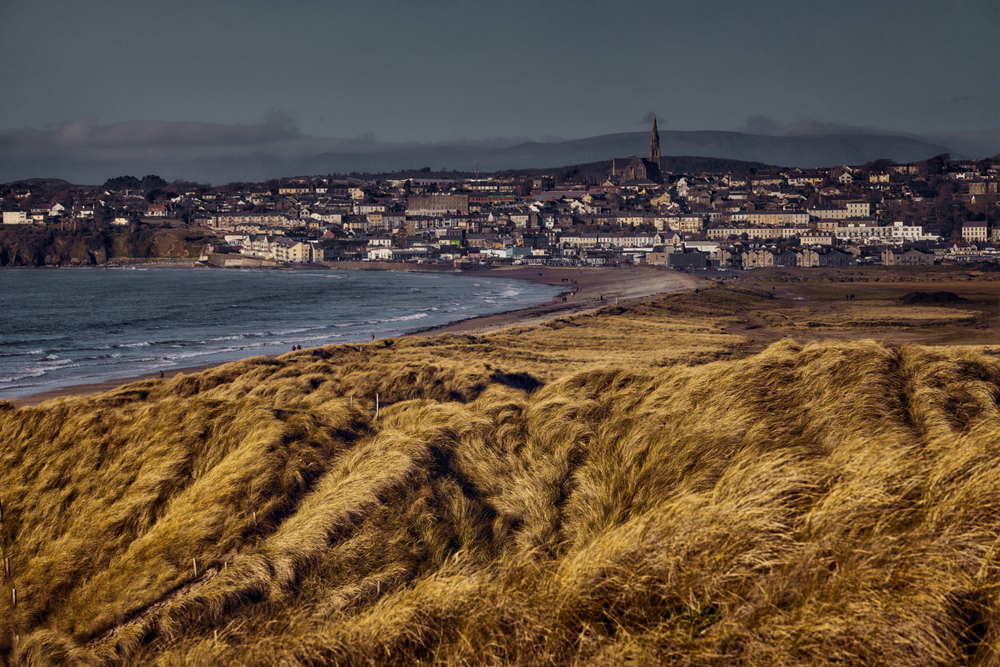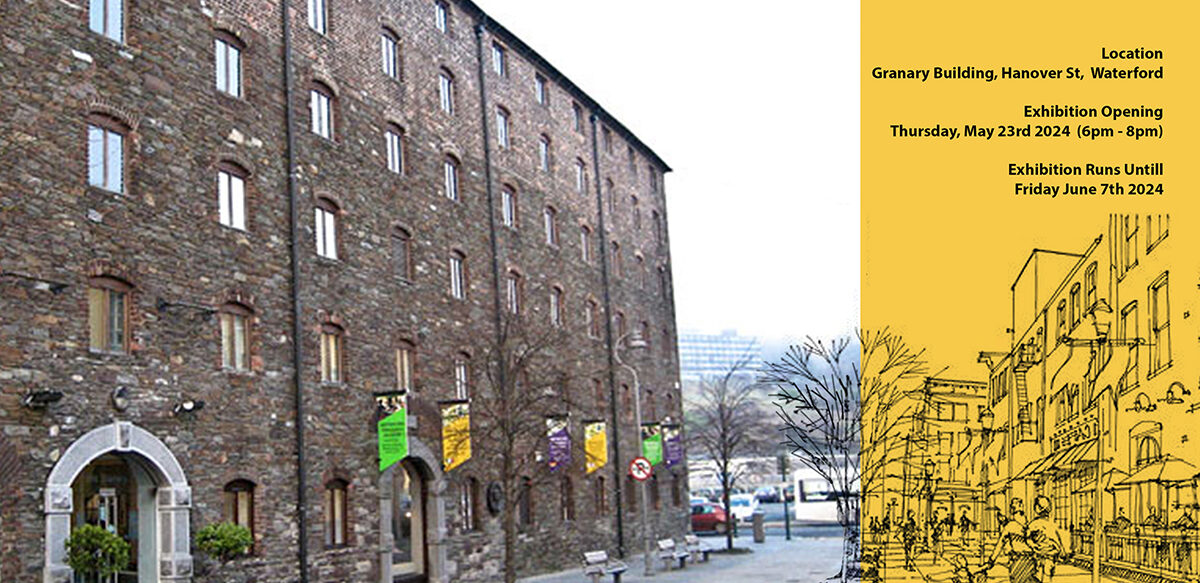
SABRE Research Centre is delighted to announce that it has been awarded funding from Ireland’s Environmental Protection Agency (EPA), for an innovative three year project which integrates digital twin technology and a landscape biography methodology to enable the protection and restoration of a delicate coastal ecosystem situated in County Waterford, South East Ireland.
Entitled Cúpla-Trá, which translated from Irish means, “Twin Beach or Strand”, and derives from the Irish translation of the name of the neighbouring town, Tramore as Trá Mhór (Big Strand or Beach), the project will focus on an area called the Back Strand which has become increasingly vulnerable as a result of ongoing climate change with the increased frequency of extreme weather events, rising sea levels and changes in the biodiversity structure, whilst simultaneously balancing the challenge of a growing local population coupled with growing numbers of tourists as the area is marketed as a attractive place to visit.
The project intends to develop and implement a digital twin platform of the region which will map the current natural environment of the area, including human and non-human behavioural patterns and use, using existing datasets, whilst being managed and structured around a landscape biography methdological framework. This eco-centric approach is a novel direction for both concepts, and is the first time that they have been brought together with the overall aim of protecting and restoring a natural environment.
Led by Dr. Robin Stubbs and Dr. Emily Shakespeare, who are bringing their research expertise and skillset, recruitment for additional research personnel to help drive this exciting and first of its kind project forward will be announced soon.
Contact Emily or Robin if you would like to know more about the project or are interested in applying for the role.

